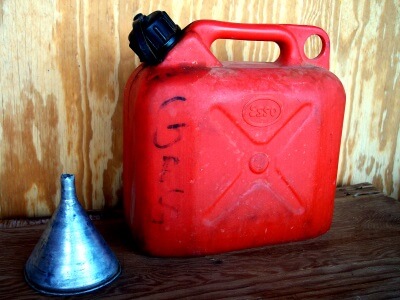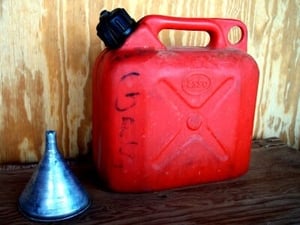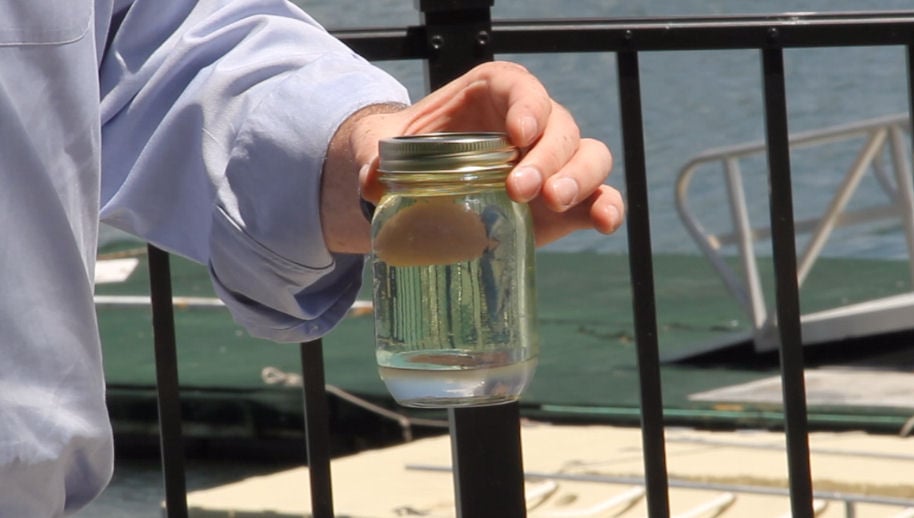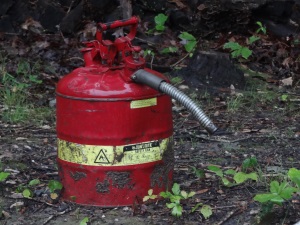Fuel Additives for Storage Are Not All the Same
Professional stored fuel users often have fuel stabilizers in their fuel PM (preventive maintenance) arsenal to make sure the fuels they aren’t going...

At their cores, fuel stability and fuel stabilizers are much more about science than anything else. If we want to know more about what they are and why they’re important, we have to be able to talk about them without getting too far in the weeds of the chemistry, which is a trap that’s easy to fall into. So here goes.
 First, why is this important to anyone in particular? For those that store fuel (and that’s a lot of people), they have to be concerned about the condition of the fuel in storage. They need the assurance that the fuel is going to do its job whenever they need it to.
First, why is this important to anyone in particular? For those that store fuel (and that’s a lot of people), they have to be concerned about the condition of the fuel in storage. They need the assurance that the fuel is going to do its job whenever they need it to.
That wouldn’t be a problem if not for the fact that fuel doesn’t stay the same in storage. It’s constantly interacting with the environment around it. The stability of fuel refers to its resistance to the processes that degrade it and cause its properties to change (for the worse); add in the word storage (i.e. storage stability), and you’re talking about the general stability of the fuel under long-term storage conditions. If the fuel undergoes significant changes, then it may be considered unstable if those changes cause the fuel to become unusable as a fuel.
If you dig into the vagaries of “fuel stability”, you start to come across aspect such as the fact that there are multiple “kinds” of stability, like oxidative stability vs. thermal stability. For now, those are topics for another show.
What does a fuel stabilizer do? As you might guess, a fuel stabilizer is something you can add to the fuel that will improve its stability and make the fuel more resistant to the things around it that want to interact with the fuel and cause it to go “bad”.
What do we mean, “cause it to go bad”? We mean cause its properties to change such that the fuel doesn’t function as well as it needs to. This means effects like stratifying, darkening, producing varnishes and sludge, even losing significant chunks of its cetane rating.
How do these things interact with the fuel? That’s where the chemistry comes in. Fuel is affected by interactions with things like oxygen (from the air), light, heat, metals, and even acids produced by microbes from the environment. These things participate in chemical reactions in fuel, whether starting them or (in the case of heat and light) speeding them up.
A fuel stabilizer is really the essential tool needed to neutralize these chemical reactions. No chemical reactions, no fuel instability – that’s really what it comes down to. That means fuel stabilizers and fuel stabilization are essentially chemistry projects.
These days, it’s easy to see that stored fuel doesn’t last as long in storage (without changing) than fuels from the past. It’s not because the environment has really changed – the temperature, the air, the water – those have always been there. It’s because the fuel and its composition has changed.
Now, it’s not important to go into everything about why that’s true today (we’ve done multiple blogs in the past on that). We point that out because it leads us to the conclusion that using fuel stabilizers in stored fuel isn’t an option anymore. It’s a necessity.
Which fuel stabilizer is the best one to use? There are too many out there to go through, line by line. Instead, you want to keep in mind that the best fuel stabilizers are combinations of ingredients that all function together to stop the multiple processes going inside fuel. Antioxidants, metal “deactivators”, peroxide neutralizers, dispersants – they are all essential elements of an effective fuel stabilizer package. So you should be looking for those kind of things.
The average consumer isn't someone who manages fuel or keeps a bunch of fuel in storage. At worst, you may have some fuel in 5-gallon containers for use with your lawn equipment or even your boat. But that doesn't mean you don't still want your fuel to stay stable in storage, to be fresh and usable whenever you need it. So everything we talked about still applies.
Professional stored fuel users often have fuel stabilizers in their fuel PM (preventive maintenance) arsenal to make sure the fuels they aren’t going...

Everyone who stores fuel for use knows (or should know) that controlling the inevitable water accumulation in the fuel storage tank is the single...

Fleets and businesses aren’t the only people who need to store fuel. Many consumers regularly keep smaller volumes of fuel at home, for use in lawn...